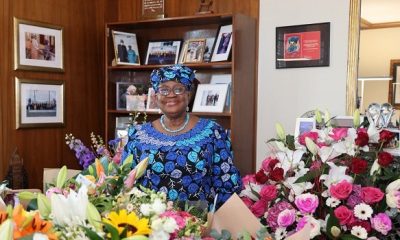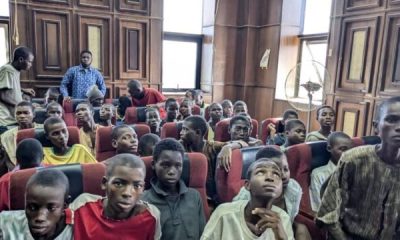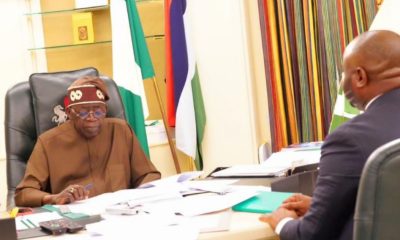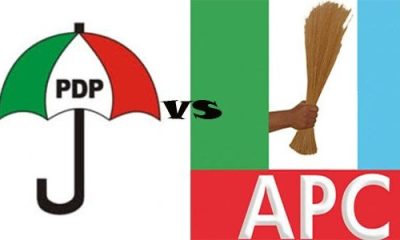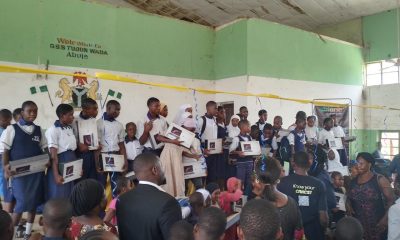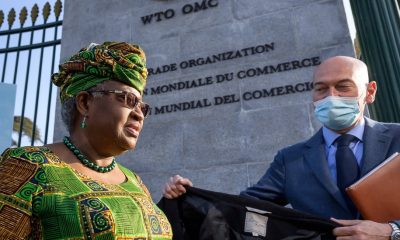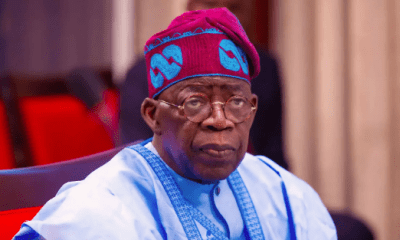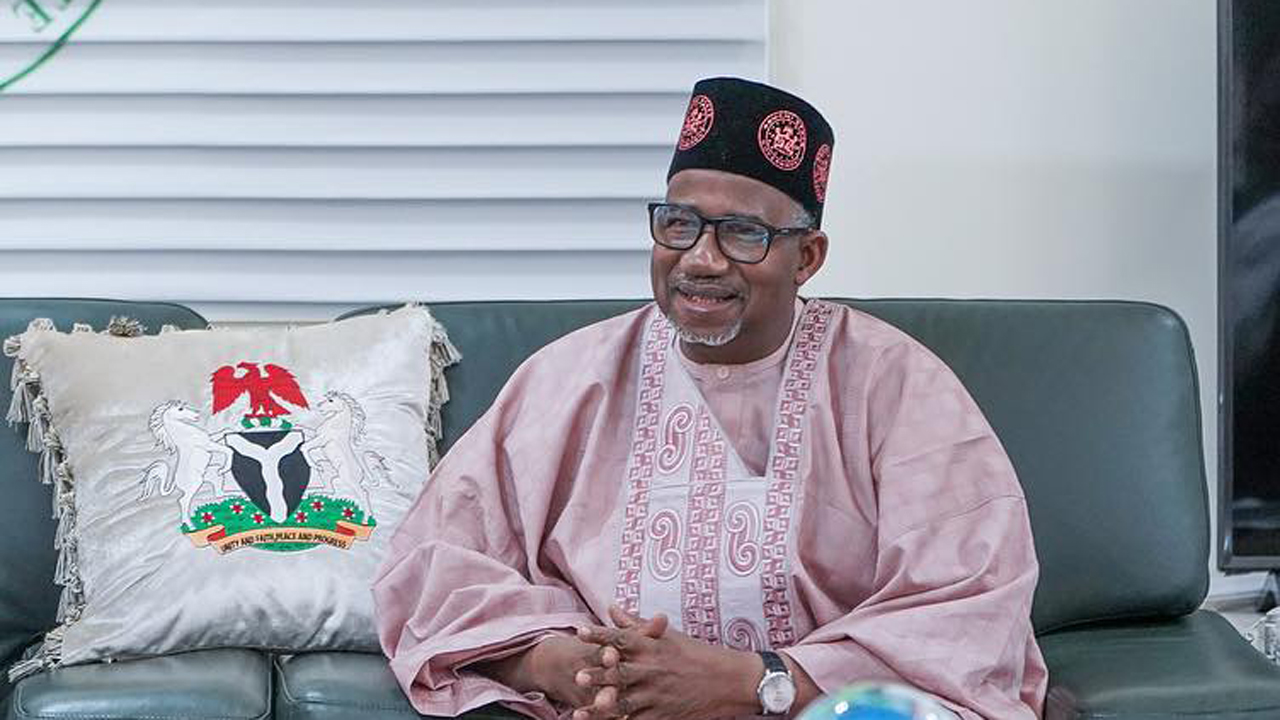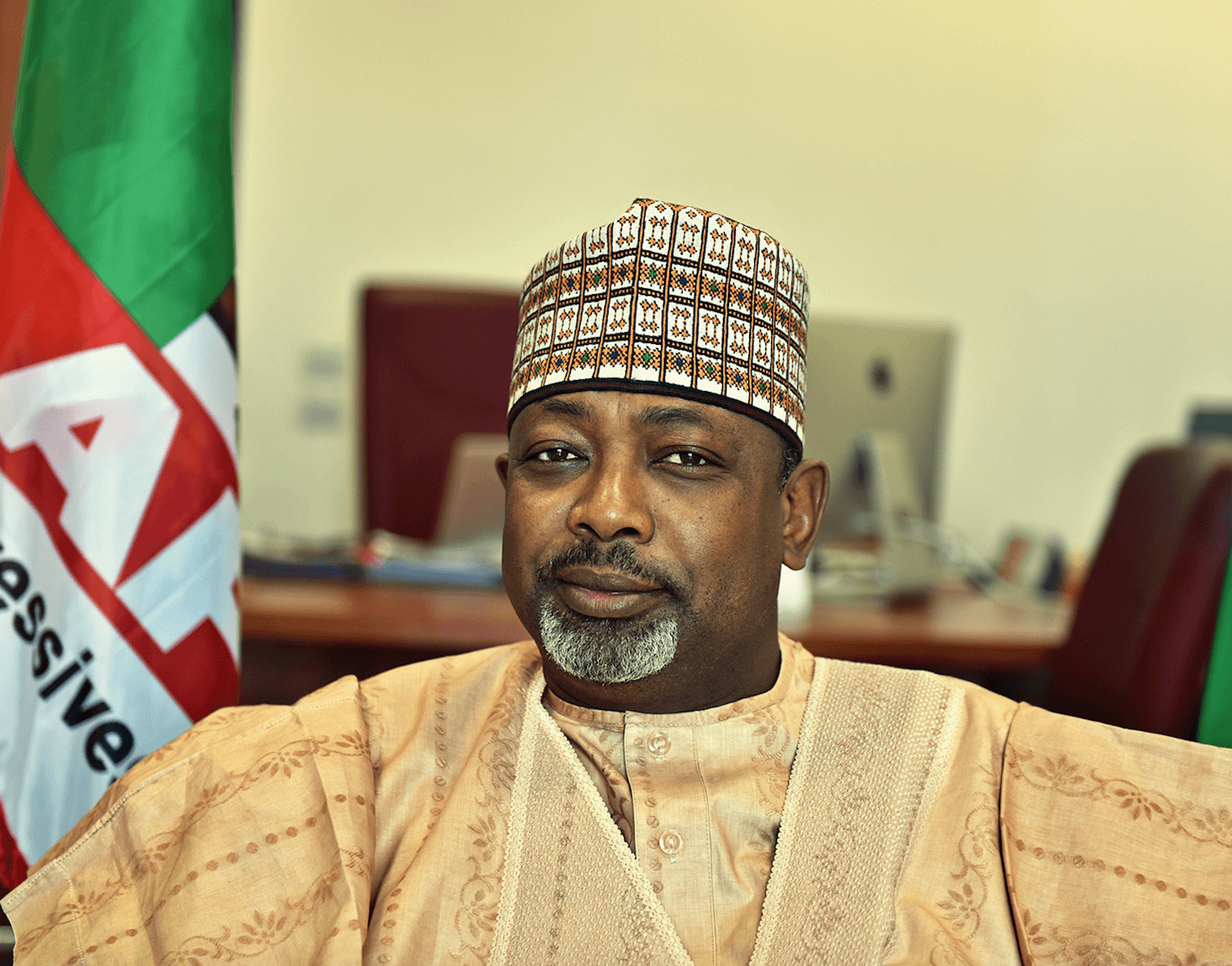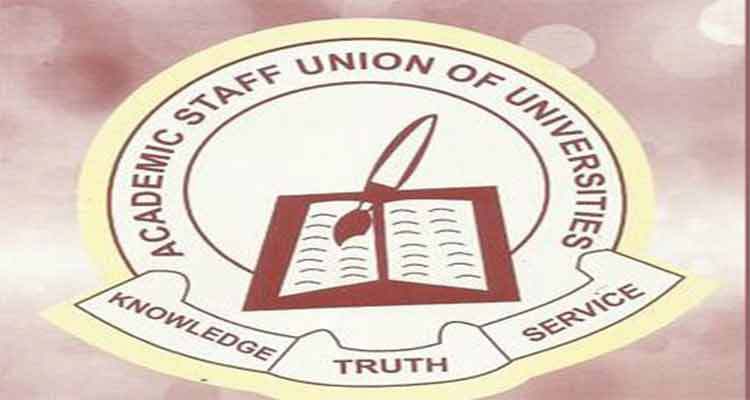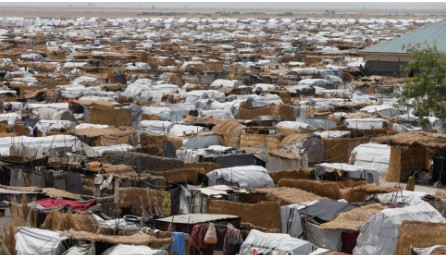The Director-General of the World Trade Organization, Dr. Ngozi Okonjo-Iweala, emphasized the critical importance of Nigeria overcoming political squabbles and erratic policies that have stifled its progress since independence.
She highlighted that advancing the nation requires united action instead of engaging in a blame game.
Okonjo-Iweala spoke on Sunday at the Nigerian Bar Association Annual Conference held at Eko Hotel, in Lagos, where she delivered a keynote address titled “A new social contract for Nigeria’s future”.
“Nigeria today is not where it should be, and our country has not progressed as it should have.
“For this reason, even after more than 60 years of independence, we continue to talk about nation-building. However, it is crucial that we move away from assigning blame and instead focus on taking tangible steps to address both current and future challenges.”
While saying that Nigerians were not alone in economic hardship, she said, “It’s not in recrimination or even in futile regret, but rather as part of moving our country and advancing its interests. We are living in very difficult times, locally here in Nigeria, but also globally.
“I’m not here to castigate or blame anyone, I’m here to speak to all governments of my country, all political parties, all Nigerians, about a positive way forward for the country,” she said.
Comparing Nigeria with other nations, Okonjo-Iweala emphasized how countries such as South Korea, Peru, and India had surpassed Nigeria in economic growth and development, even though they began from similar positions many years ago.
She cited South Korea’s swift industrialization and Peru’s economic stability as examples of what Nigeria could attain through steady and effective policies.
“Back in the 1960s, Nigeria’s per capita income was comparable to that of South Korea but today, South Korea’s per capita GDP is 20 times higher than ours.”
This stark contrast shows that while other nations have taken bold steps to diversify and grow their economies, we have been left behind,” she said.
Okonjo-Iweala also mentioned that Nigeria’s failure to maintain economic growth was primarily caused by inconsistent policies and a lack of political determination.
“If we look back to the early years of independence, it’s clear Nigeria had what it takes to succeed, and yet we’ve fallen behind countries that were on par with us back then.
“I want to remind people that in the first half of the 1960s, our per capita income in 1960 dollars was roughly equal to that of South Korea, in the neighborhood of 100 to 120 dollars per capita, according to World Bank data. But then South Korea’s growth took off, as it went from exporting primary products like tungsten oil and dried seaweed to manufactured goods.
“Back then it was textiles and footwear, compared to today’s integrated circuits, electronics, ships and autos, not to mention services exports, such as gaming, entertainment, etc., where South Korea is also strong.
“Meanwhile, Nigeria’s export basket went in the opposite direction and became less diversified. In the early 1960s, mining exports made up half of our exports, and food and animal or vegetable oils together about a third, with manufacturers accounting for five to seven percent.
“But since 1974, oil has dominated, often accounting for 97 to 100 per cent of Nigerian exports, with its share rarely dipping below 90 per cent.
“The good news is that our economy itself is quite diversified, and with the capacity to do much more in terms of agricultural exports, critical minerals, services such as entertainment, etc., and I want to commend ongoing efforts by this government to diversify the exports of our country.
“Last year, Nigeria’s per capita GDP was 1,620 US dollars, while South Korea’s was 33,000,” she said.
Okonjo-Iweala also mentioned that Korea’s growth was extraordinary and among the best in the world, yet even countries with less impressive performance had surpassed Nigeria.
“Thailand’s per capita GDP was comparable to Nigeria’s in the early 1970s and is now $7,200. Peru, a country I will come back to, was about even with Nigeria in the early 1980s, but now has a per capita GDP of nearly $7,800.
“Even India, which into the 1990s and 2000s had a per capita GDP well below Nigeria’s, recently surpassed us on that mark and is now $2,484.
“India is now the third largest economy in the world, one of the fastest-growing and modernising economies.
“I cite all these numbers not because GDP is a perfect measure, but because, as Daniel Susskind, a scholar on economic growth at King’s College London, recently put it, and I quote, GDP is correlated with almost every measure of human flourishing.”
She criticized the “not-made-in-my-administration syndrome,” where successive governments fail to build on the successes of their predecessors, leading to economic stagnation.
“To minimise the volatility of economic and social policy and to set our country on a steady growth and development path, Nigeria needs a social contract.
“By this, I mean a fundamental agreement across political parties and society that certain policies and principles are sacrosanct and must not be altered with each change in administration,” she explained.
In his remarks, President Bola Tinubu, who was represented by Vice President Kashim Shettima, reiterated that his administration was working to address the numerous social and economic challenges facing the country.
Tinubu said he was “providing clarity and eliminating the opaqueness that fostered corruption.”
He added, “While I acknowledge the temporal existence of some daunting challenges besetting us as a nation, I want to assure you that this government is poised to address all the developmental challenges facing this country and rest assured that in the fullness of time, this nation shall overcome.
“I want to assure you that this government will continue to uphold top priority to the welfare of the judiciary, to ease avoidable burden on their lordships, and speed up the adjudicatory process which is a sine qua non for social order and economic development.”
The PUNCH
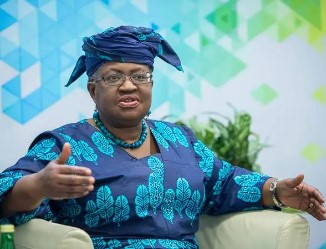
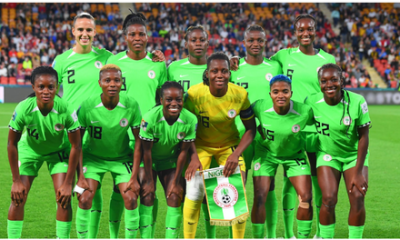
 News20 hours ago
News20 hours ago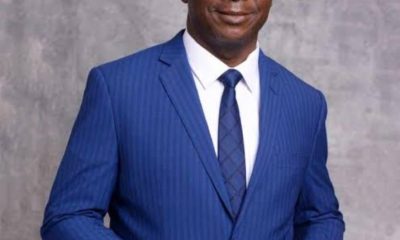
 News19 hours ago
News19 hours ago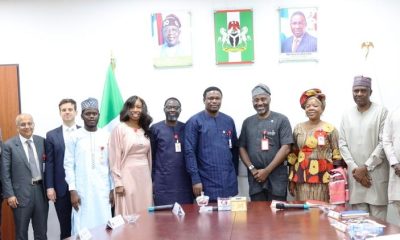
 News20 hours ago
News20 hours ago
 News20 hours ago
News20 hours ago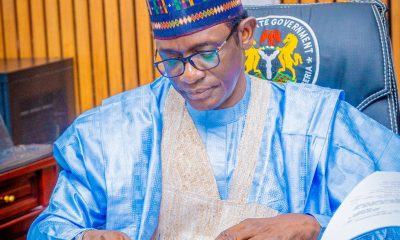
 Metro10 hours ago
Metro10 hours ago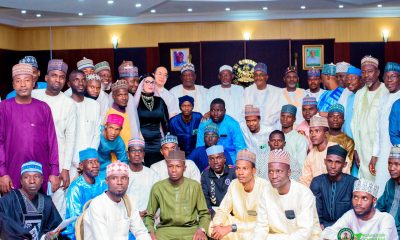
 Education19 hours ago
Education19 hours ago
 News7 hours ago
News7 hours ago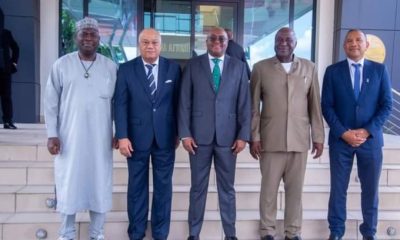
 News13 hours ago
News13 hours ago
 News10 hours ago
News10 hours ago
 Metro17 hours ago
Metro17 hours ago



